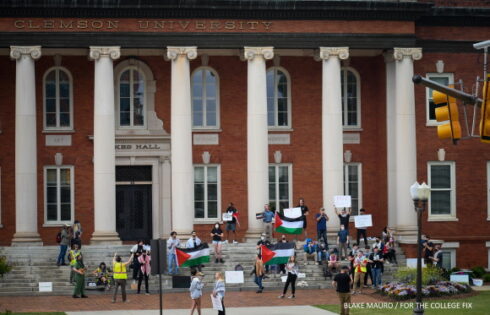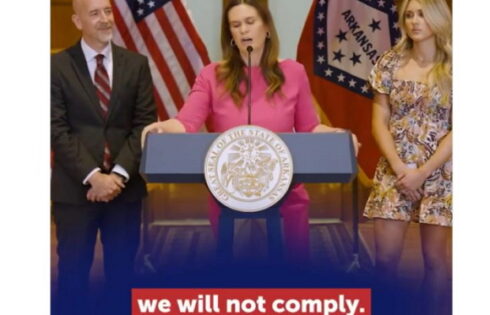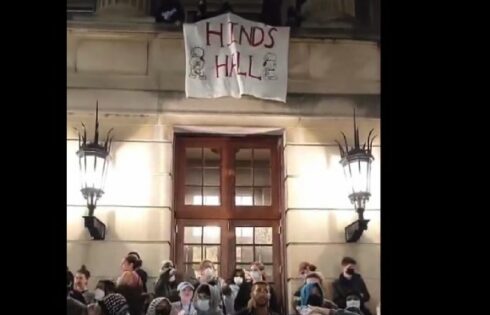
 For a glimpse into the treacherous territory of sexual relationships on college campuses, consider the case of Caleb Warner.
For a glimpse into the treacherous territory of sexual relationships on college campuses, consider the case of Caleb Warner.
On Jan. 27, 2010, Mr. Warner learned he was accused of sexual assault by another student at the University of North Dakota. Mr. Warner insisted that the episode, which occurred the month prior, was entirely consensual. No matter to the university: He was charged with violating the student code and suspended for three years. Three months later, state police lodged criminal charges against his accuser for filing a false police report. A warrant for her arrest remains outstanding.
Among several reasons the police gave for crediting Mr. Warner’s claim of innocence was evidence of a text message sent to him by the woman indicating that she wanted to have intercourse with him. This invitation, combined with other evidence that police believe indicates her untruthfulness, has obvious implications for her charge of rape.
Nevertheless, university officials have refused to allow Mr. Warner a re-hearing—much less a reversal of their guilty verdict. When the Foundation for Individual Rights in Education (FIRE), a civil liberties group of which I am board chairman, wrote to University President Robert O. Kelley to protest, the school’s counsel, Julie Ann Evans, responded. She wrote that the university didn’t believe that the fact that Mr. Warner’s accuser was charged with lying to police, and has not answered her arrest warrant, represented “substantial new information.” In any event, she argued, the campus proceeding “was not a legal process but an educational one.”
Read the full story at the Wall Street Journal.
Like The College Fix on Facebook / Follow us on Twitter




Please join the conversation about our stories on Facebook, Twitter, Instagram, Reddit, MeWe, Rumble, Gab, Minds and Gettr.